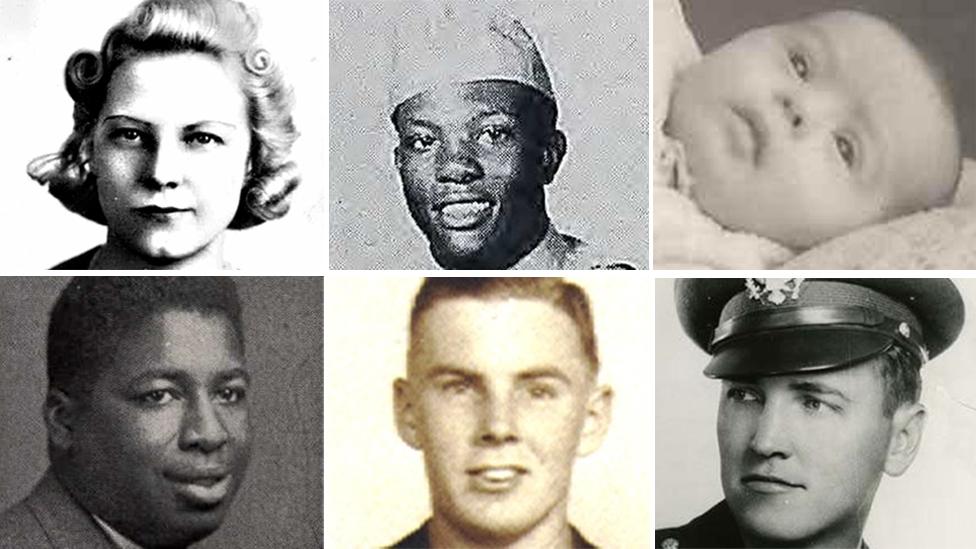Cemetery shares stories of men who died after D-Day
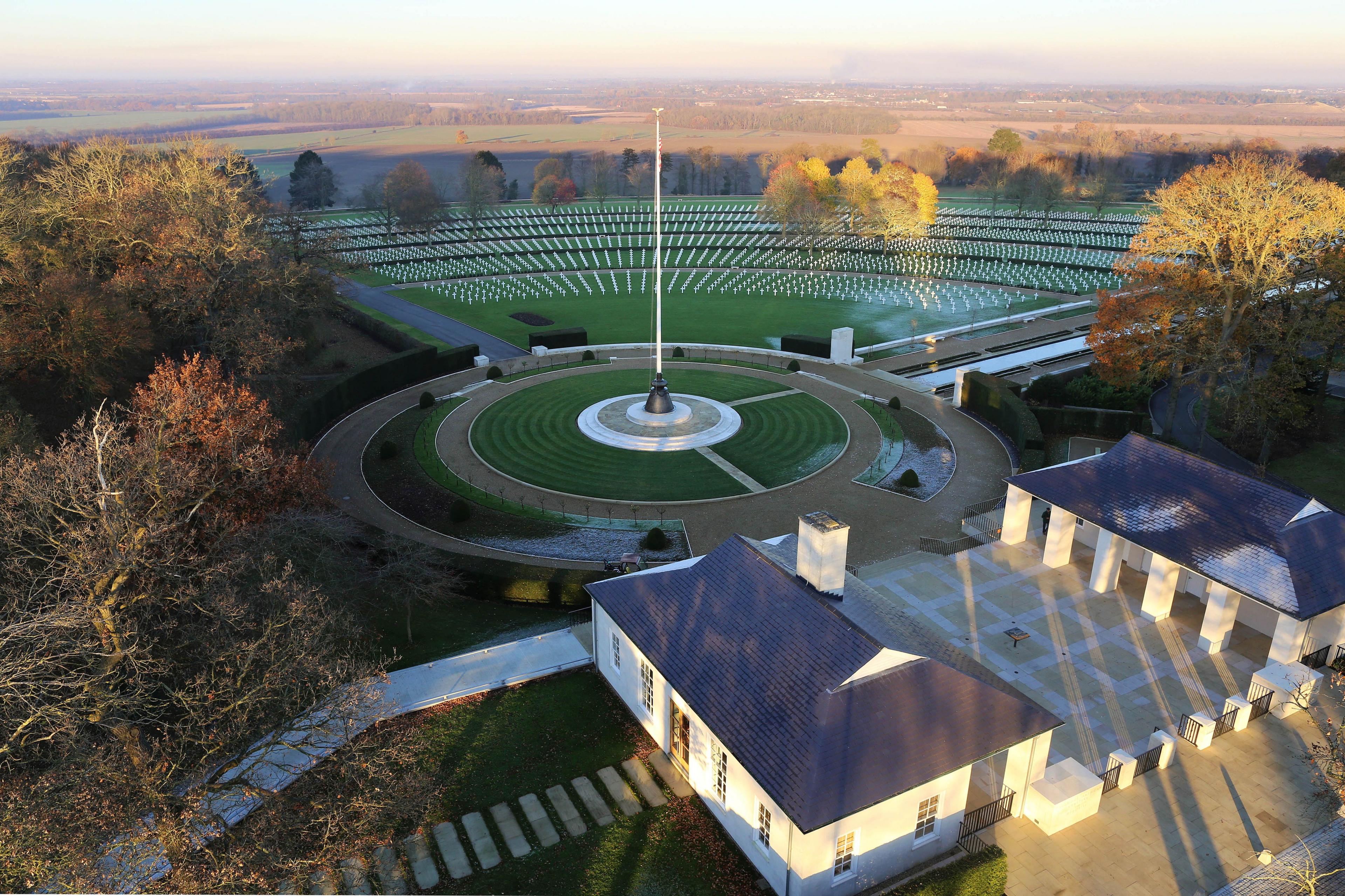
Cambridge American Cemetery is the UK's only permanent US World War Two military burial ground
- Published
On D-Day, 6 June 1944, thousands of American service personnel perished on the beaches of Normandy, and most are buried or remembered at the Normandy American Cemetery and Memorial in France.
But some of those who served that day were buried at the Cambridge American Cemetery (CAAC), after later succumbing to their injuries.
In all, the cemetery in Madingley contains the remains of 3,811 of the US war dead and 5,127 names are recorded on the Walls of the Missing.
To mark D-Day, the cemetery has shared the stories of a few of those men who took part in the Normandy Landings.
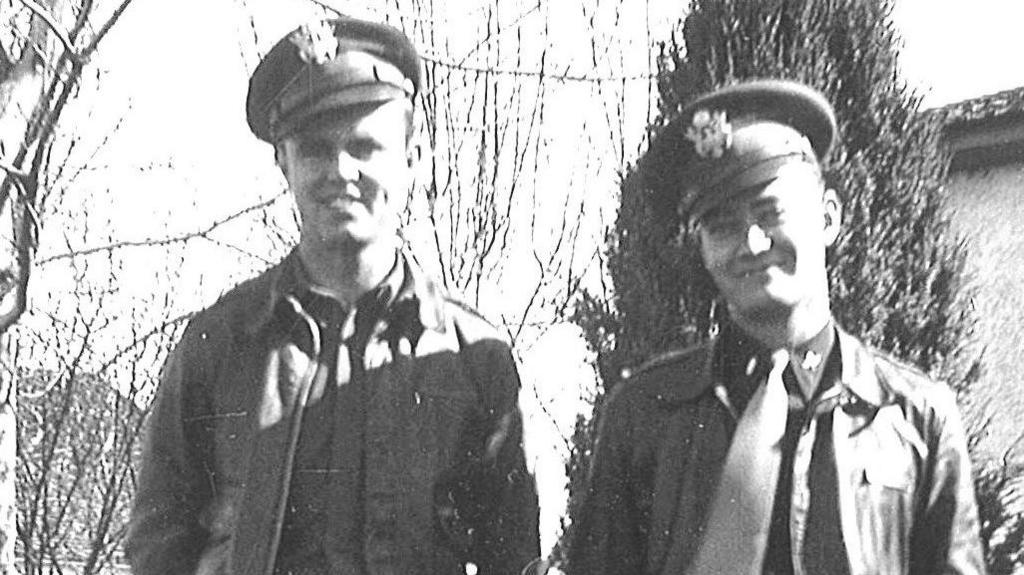
1st Lt Sidney W Dunagan (l) was shot dead flying his plane after dropping troops in Normandy
1st Lt Sidney W Dunagan, of 50th Sqn 314 Troop Carrier Group, died on 6 June 1944 at the age of 21.
In the early morning, as the invasion of France began, Lt Dunagan flew American airborne troops to their drop zone behind enemy lines.
He had completed his run when he was told two paratroopers had been unable to jump because of tangled wires. He decided to make a second run, allowing them to jump and join their unit.
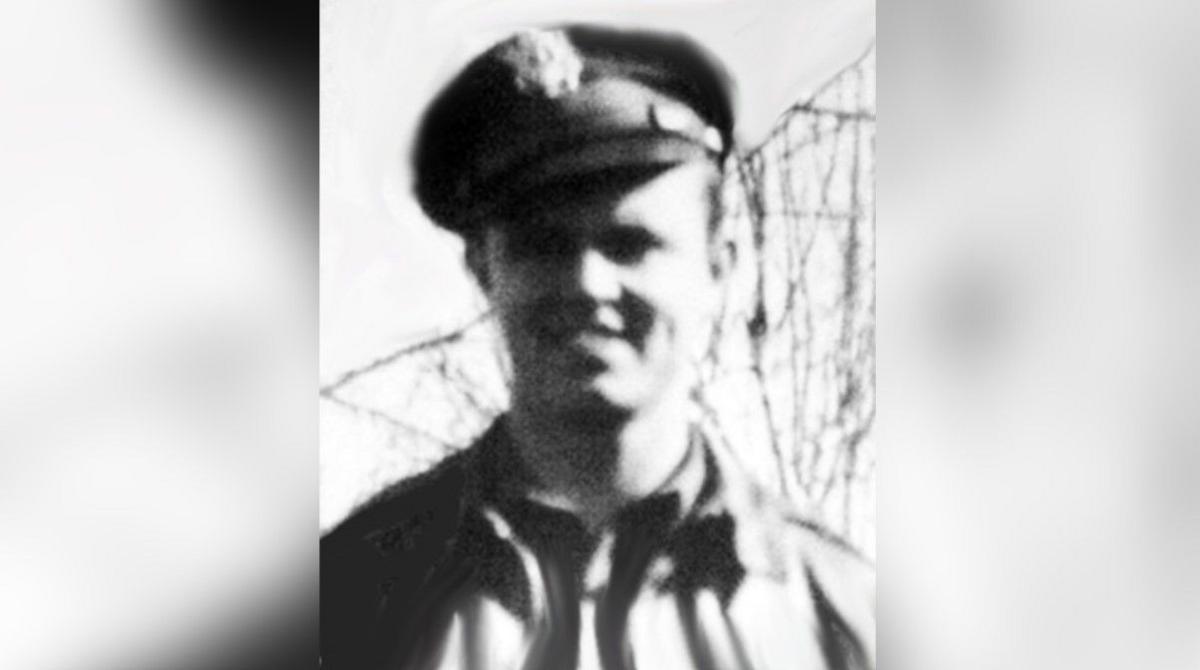
1st Lt Dunagan was 20 when he was killed by a sniper
After he successfully finished the mission, Lt Dunagan was heading for home when an enemy sniper on the ground killed him with a single shot.
He was posthumously awarded the Distinguished Service Cross.
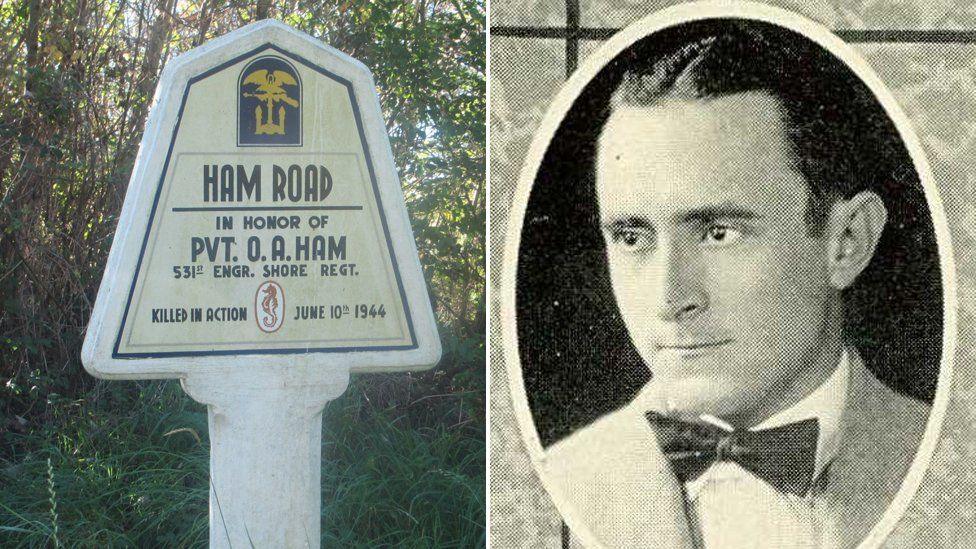
Otis Ham was part of a regiment which defused mines on the beaches in Normandy ahead of the infantry. The former professional baseball player died when his party came under fire. This French road sign marked his death
Pvt Otis A Ham, of the 531st Shore Engineer Regiment, died from his D-Day injuries on 10 June 1944, aged 34.
As a member of the engineer regiment, Pvt Ham’s mission was to land on Utah Beach at 06:00 - about one hour before the main landings - in order to clear a path through the obstacles and minefields, many of which were still below the water-line at that early hour.
He was put in charge of a three-man team including Pvt Jay Rencher and Pvt Dan Shellenberg – both 19 years old.
During the mission brief, his company commander had stated that their unit would be "cannon fodder… three out of every four men will be dead within the first hour… each man will train with two partners, so that there will be one man [remaining] to get the job done".
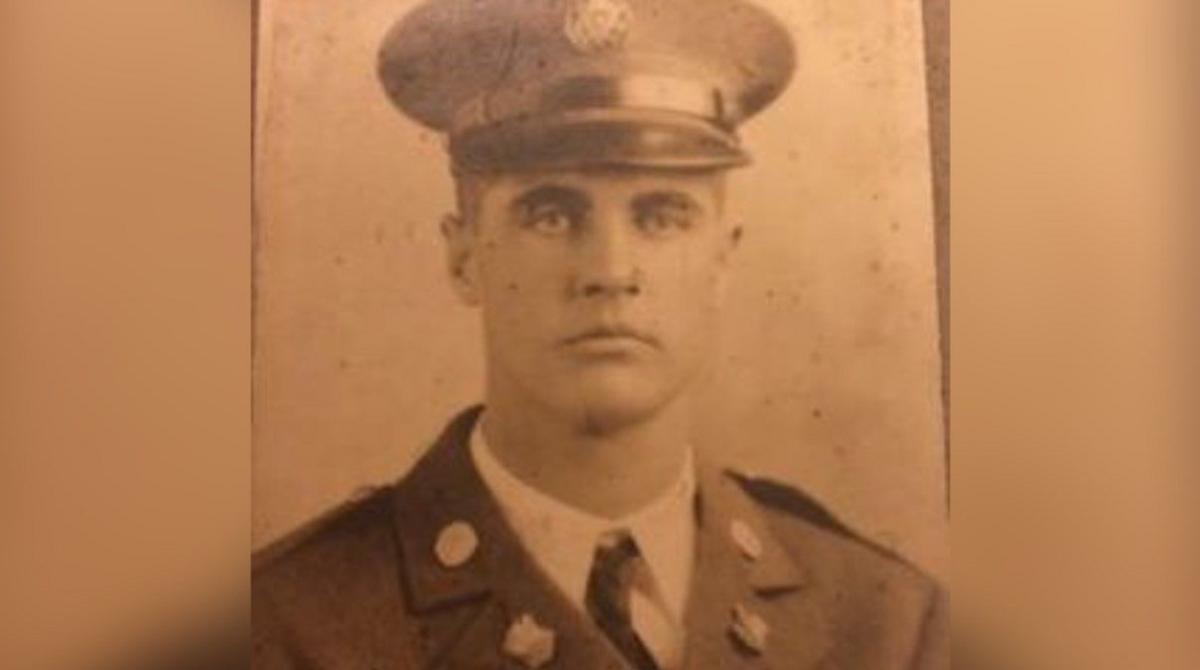
Pvt Ham was clearing mines when he was killed
They achieved their objective, clearing a path that the landing craft could safely follow.
However, Pvt Rencher later realised that "the commander had been right - before 7am, on the 6 June, two of the three of us were dead".
As he lay dying on a hospital ship, Pvt Ham, a former professional baseball player, reportedly said: "What the heck does a baseball player do without any legs?"
A grateful French nation named two local roads after Pvt Ham and Pvt Shellenberg.
Pvt Ham was awarded the Purple Heart and the French Croix de Guerre with Bronze Star.
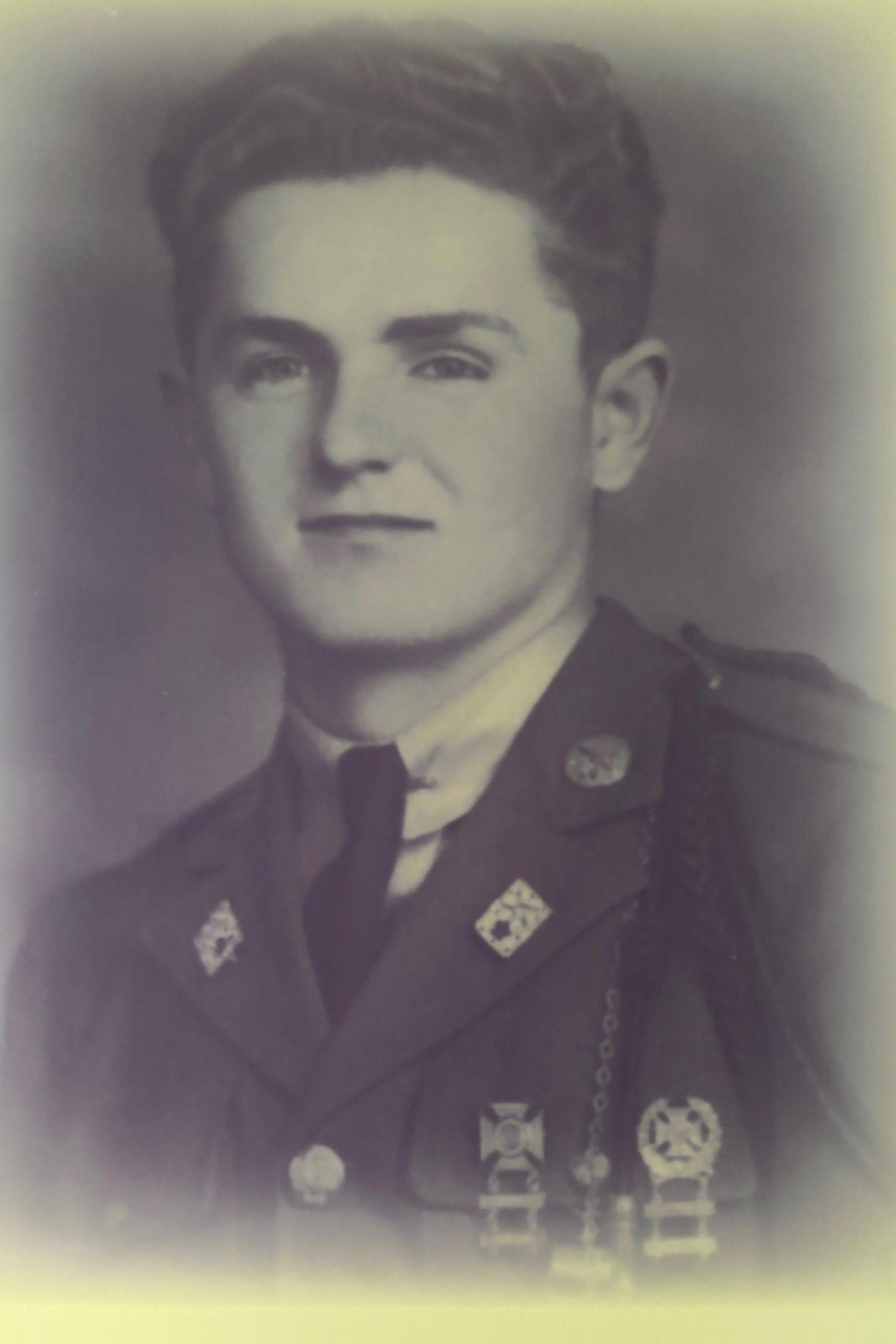
Sgt William R Benn died from injuries sustained on D-Day in Normandy
Sgt William R Benn, of the 16th Infantry Regiment, 1st Infantry Division, died on 6 June 1944, aged 22.
The technical Sergeant arrived in Great Britain in July 1942 and first saw action in North Africa, where he single-handedly captured a German truck and the 28 soldiers inside.
After participating in the Sicily invasion, Sgt Benn returned to prepare for the Normandy Landings.
He came ashore with the first assault waves on D-Day and when his platoon leader was seriously wounded, he assumed command.
Although badly wounded himself, he still led the men in a successful attack against an enemy gun emplacement overlooking Omaha Beach. Although safely evacuated, he later died of his injuries.
Sgt Benn was awarded the Distinguished Service Cross, Silver Star and Purple Heart.
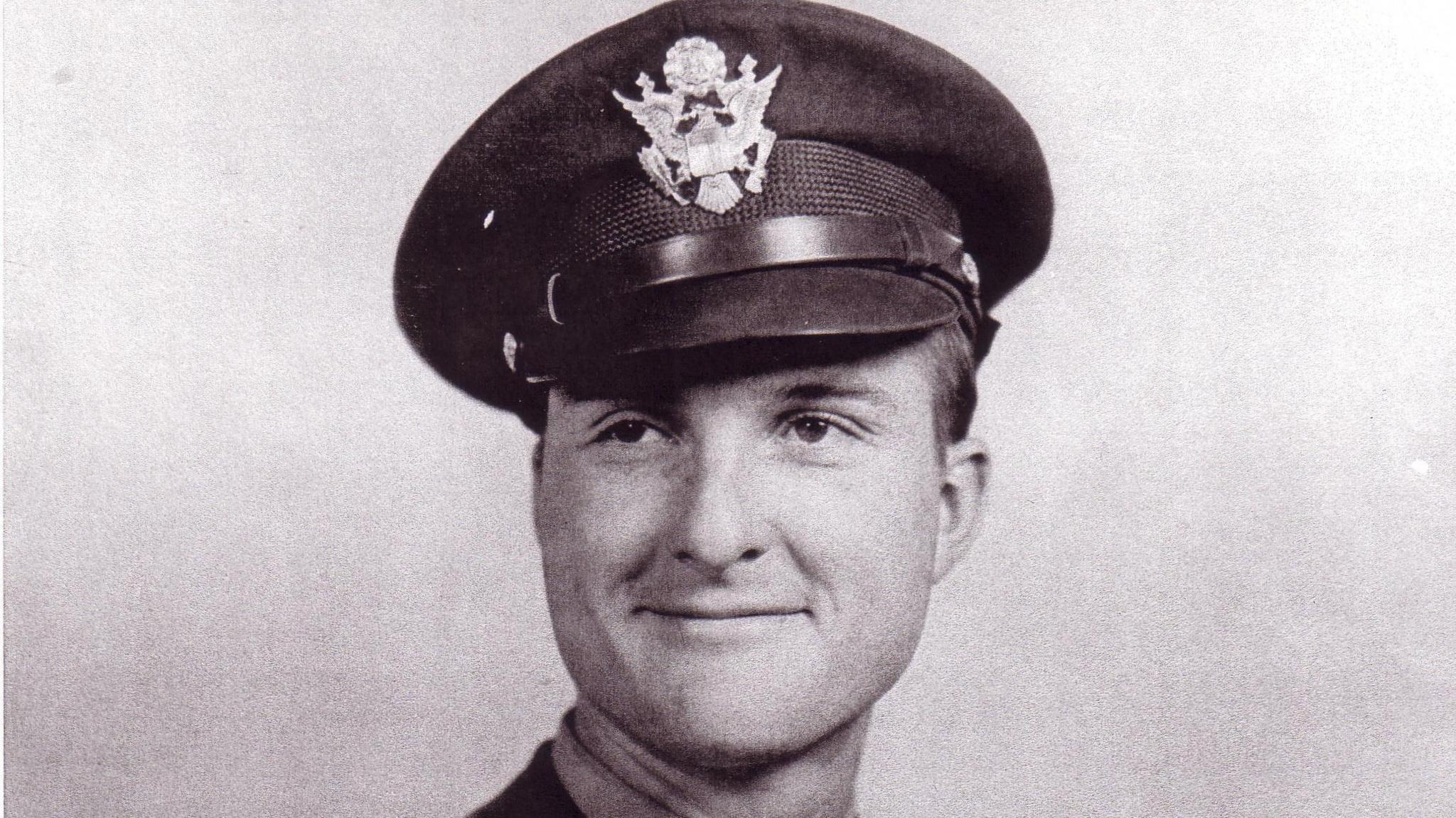
Lt Col Leon R Vance Jr was awarded the Congressional Medal of Honor
Lt Col Leon R Vance Jr, of the Air Corps, was injured during a mission on 5 June 1944 preparing for the landings, and died on 26 July 1944 at the age of 28.
The Lt Col was formation commander on 5 June – the day before D-Day, where his target was an artillery emplacement on the French coast.
The B-24 aircraft he was flying in was badly damaged by enemy flak. The pilot was killed, several crew were wounded, and three engines were damaged.
Lt Col Vance Jr's foot was severely injured and wedged in the wreckage, but he completed the mission, then flew the crippled plane back to Britain where surviving crew were able to bail out.
He had to have his foots amputated and was then was medically evacuated back to the US in July.
However, the aircraft he was travelling in disappeared between Reykjavik and Newfoundland.
He was posthumously awarded the Congressional Medal of Honor.
Lt Col Vance is honoured on the Cambridge Wall of the Missing - his name is the only one on the wall etched in gold and marked with a star to signify the high honour awarded him - the United States’ highest military award for valour.
The Cambridge cemetery is the UK's only permanent US World War Two military burial ground.
It commemorates more than 8,900 people, including those for whom there are no remains because they were lost at sea, or who took off from UK air bases but were not seen alive again.
Follow Cambridgeshire news on Facebook, external, Instagram, external and X, external. Got a story? Email eastofenglandnews@bbc.co.uk, external or WhatsApp us on 0800 169 1830
Related topics
You might also be interested in
- Published1 June 2024
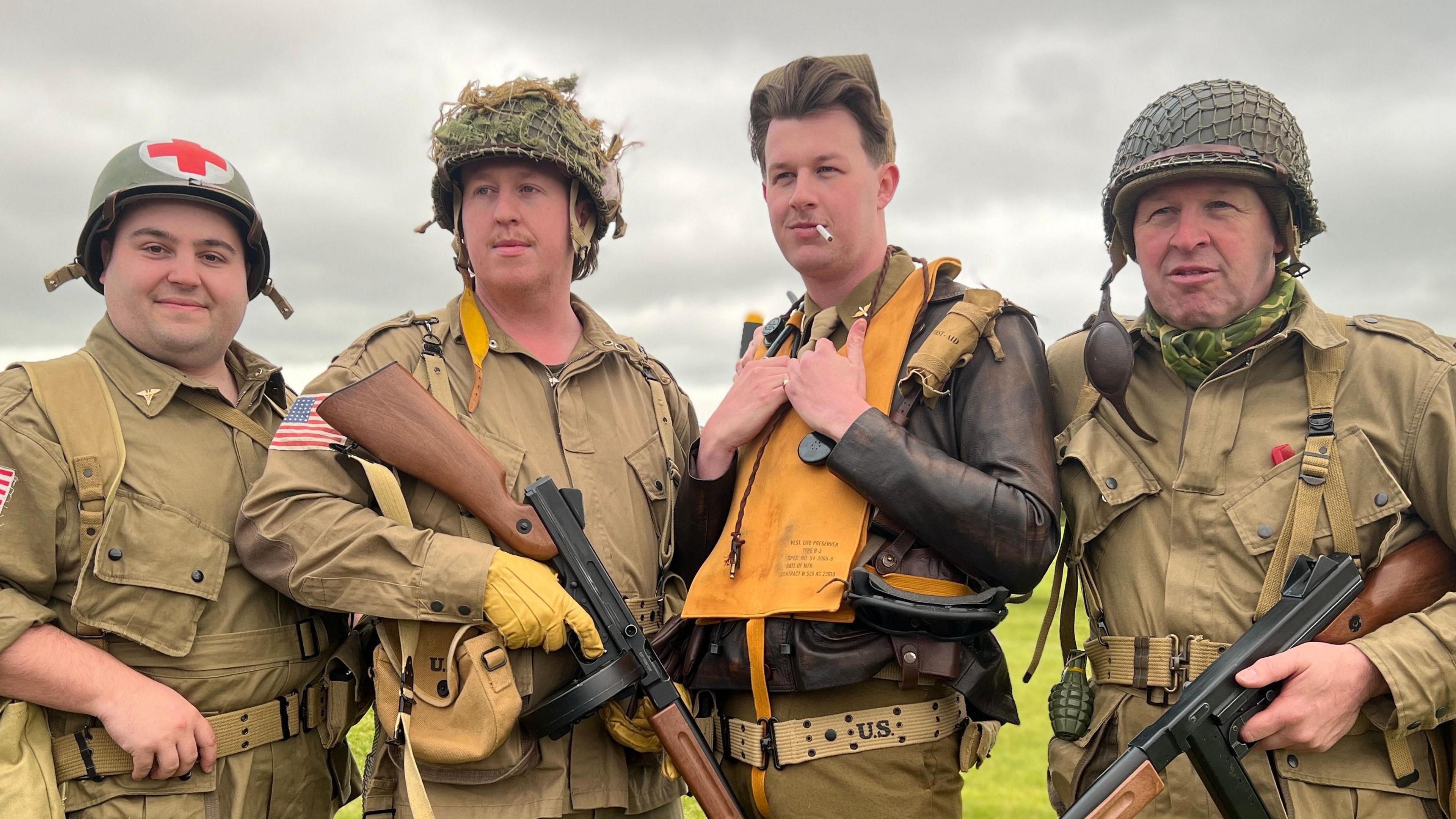
- Published2 June 2024
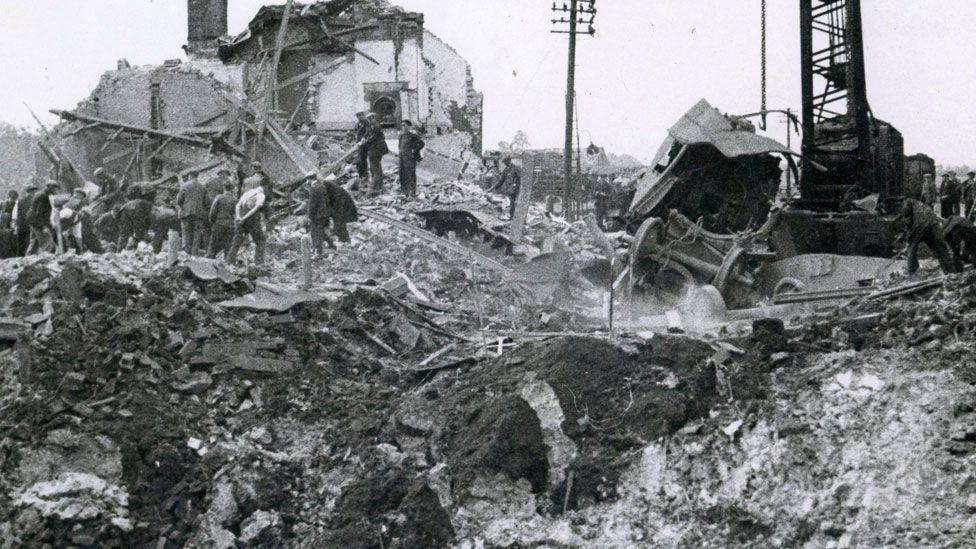
- Published28 May 2022
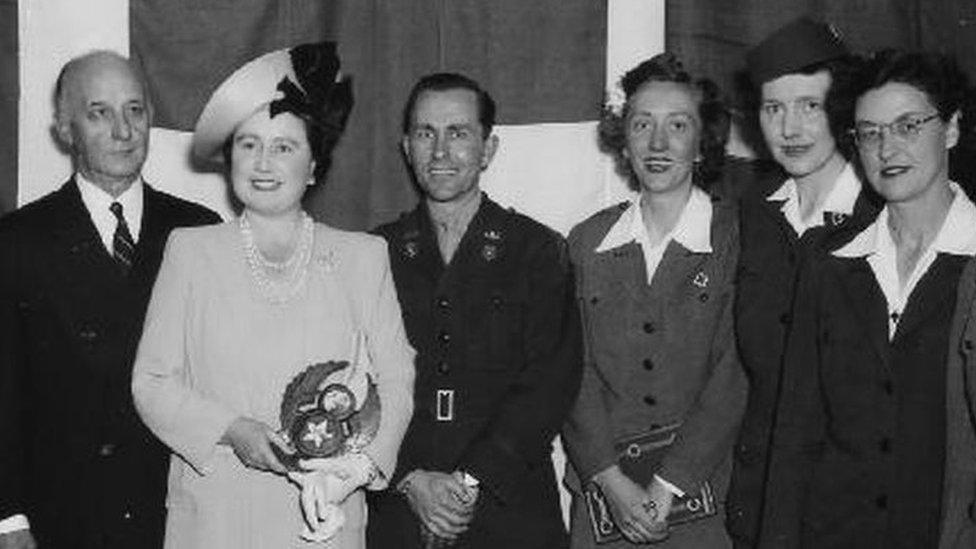
- Published6 July 2018
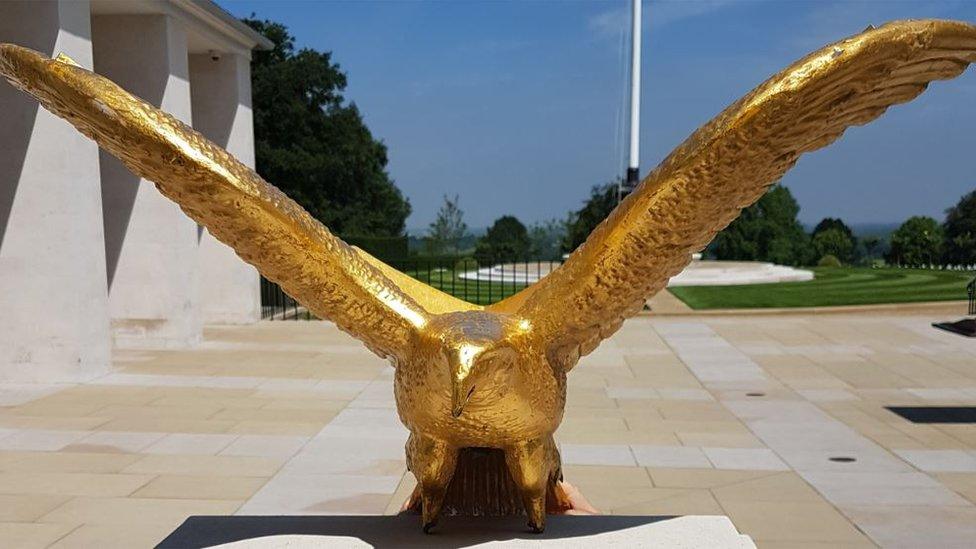
- Published29 May 2017
